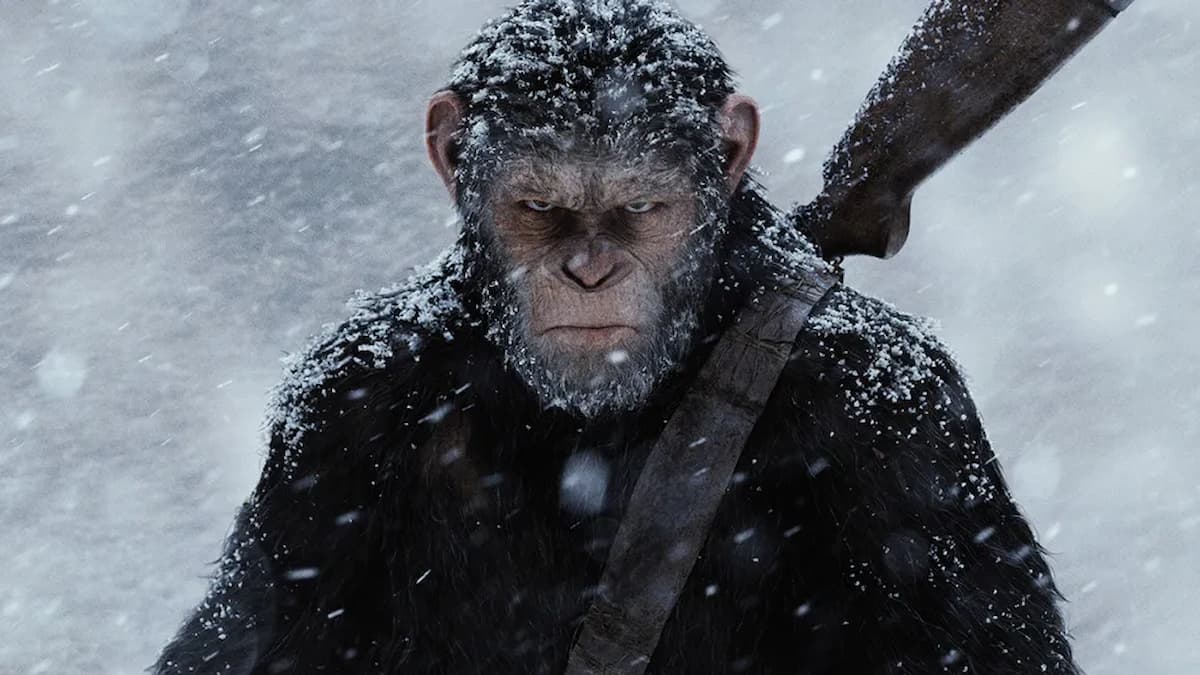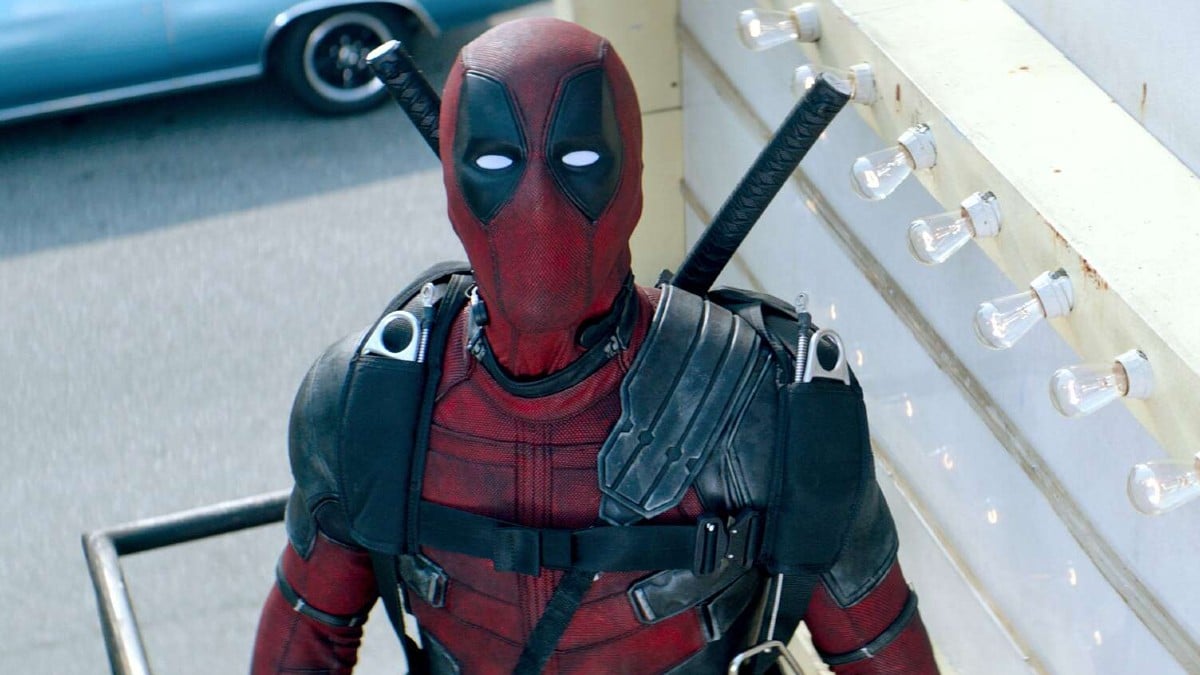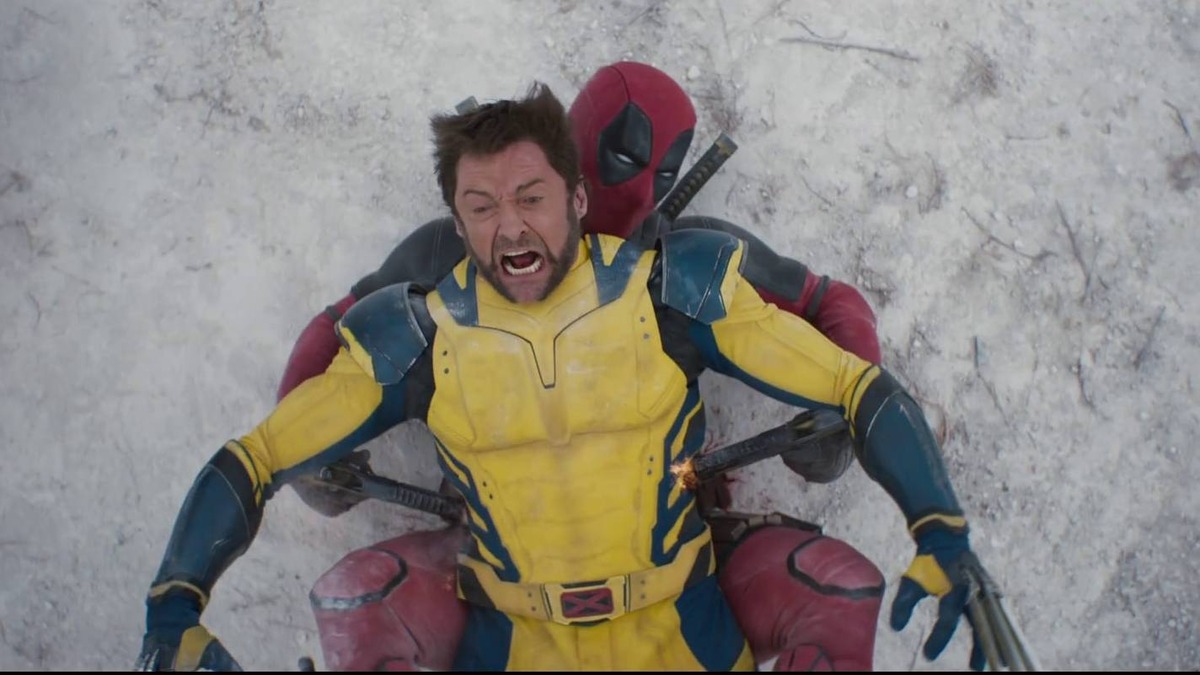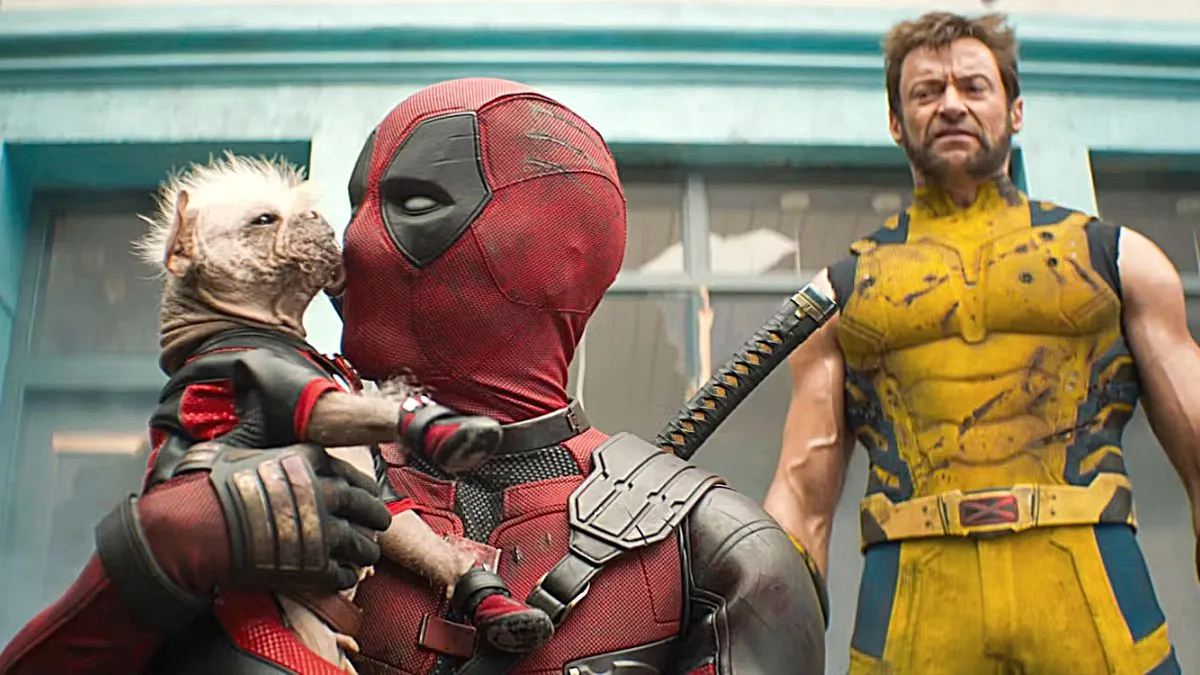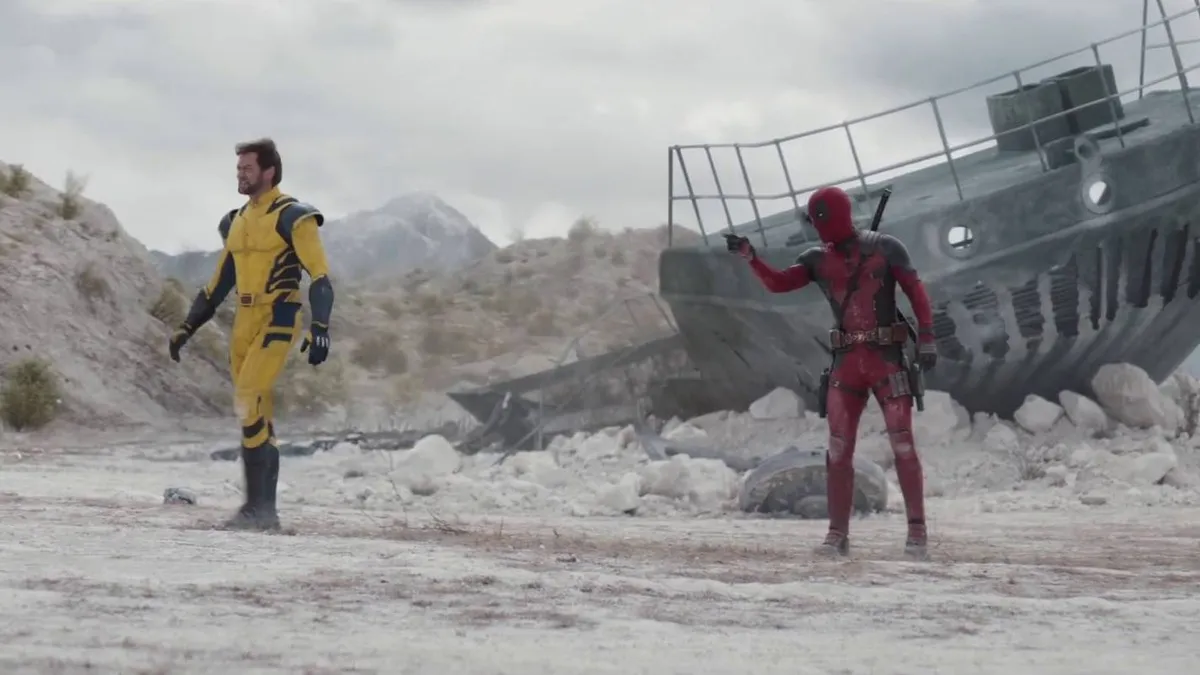
What a feat it requires to cinematically tell the story of Brian Wilson, the eccentric American musician and chief songwriter (among other things) of The Beach Boys who came up with the ultimate oddity of concept albums, Pet Sounds, in 1966. There and after, Wilson battled with crippling bouts of depression and substance abuse. He stayed in bed for 3 years, where he ballooned to 340 pounds.
What’s for sure is you can’t tell his story “straight”; that is, it cannot be told linearly, because Wilson’s mind doesn’t have a straight progression. Pet Sounds is too eclectic – a beautifully haphazard arrangement of instruments including flutes, harpsichords, bicycle bells, and even barking dogs – for an ordinary, Hollywood-served biopic.
The best biopics, I find, are structured according to the subject’s personality, or I should say the filmmaker’s interpretation of the subject. In that sense, Love & Mercy is successful. It chronicles the life of The Beach Boys’ founder with two separate narratives. One covers a younger Wilson, played by Paul Dano, at the time of his recording of Pet Sounds with the Wrecking Crew in Los Angeles. The second focuses on Wilson’s older self, played by John Cusack, and his romantic relationship with Melinda Ledbetter (Elizabeth Banks)– and the overly protective therapist (Paul Giamatti) who stood in their way.
Director Bill Pohlad, employing a screenplay by Oren Moverman and Michael A. Lerner, makes the curious decision of not clearly finding a thematic connection between these two narratives (the title “Love & Mercy” comes from a song in Wilson’s first debut solo album, but barely applies to this narrative). While both well-written and directed, the two stories don’t serve each other and after awhile we’re not sure what the filmmakers are trying to say about the complex subject. The film effectively romanticizes the joyous rhythms of Pet Sounds– and will have you humming along quite frequently- but there’s nothing here to serve as an anchor for a focused, fully explored idea.
Pohlad/Moverman only fully characterize the obvious: Wilson’s reclusiveness. They depict Wilson as a gifted musician who thinks best in the company of himself only. His producers and collaborators rarely understand what’s on his mind, but somehow his work all comes together. His father especially doesn’t get it – and that’s putting it nicely. In one powerful scene, Pohlad’s camera spirals around Wilson as he plays a rough version of God Only Knows on his piano. When the camera reaches one-eighty, we see his father behind him watching in disgust. The scene, done in one revolving motion, plays like a moment of great self-discovery suddenly shattered by a father’s disappointment.
Wilson resisted the skepticism. But he knew the risk: Pet Sounds was not anything like what The Beach Boys had ever done. It wasn’t the baby-breath surf rock of Summer Days (And Summer Nights!!) that repetitively carolled about beach life and pretty California girls (notice how all of their early albums end with exclamation marks?). While I enjoy early Beach Boys, Pet Sounds transcended them, and escaped the sun-soaked childishness of their earlier songs (well, Kokomo happened two decades later, but for the most part they’d escaped it…).
Pet Sounds was Wilson’s first avant-garde album. It stripped The Beach Boys of self-parody and created song titles like I’m Waiting for the Day and I Know There’s An Answer that hinted at deeper themes that don’t simply wash up on the shore. Wouldn’t It Be Nice is basically Wilson’s plea for maturity, which is fitting given the historical context. Pohlad shows Wilson as he toils in the studio, directs his accompaniment, and makes quick creative tweaks on the fly. We watch him add that first pound of the drum at the beginning of Wouldn’t It Be Nice– a nice touch.
The other narrative, which takes place during a more creatively dormant part of Wilson’s life, involves his attempt to court Ledbetter, a Cadillac saleswoman with an impressive savvy and enduring patience that Wilson looks up to and admires. But his therapist Eugene Landy takes issue with Wilson’s new love interest. Giamatti is an expert as that sneering oppressor who uses his knowledge of psychology to manipulate Wilson and alienate Ledbetter. There is a severe streak of jealousy surging through Landy, and Pohlad cuts to the essence of it. In one key scene, Landy confronts Ledbetter at her dealership office and the payoff is fist-pumping brilliance and speaks volumes about the cowardice of his character.
So yes, Love & Mercy is not without strong sequences of revealing character and authentic snapshots of the 1960s music industry. Beach Boys member Mike Love (Jake Abel) is accurately portrayed as a reliable jerk, oblivious to Wilson’s innovation. But what the film lacks is a centre, a main drive. There are undertones of mental health awareness the film seems to be pushing – which is good – but as a portrait of Wilson’s fragmented mind, Love & Mercy is only an earnest effort. Many of the film’s main stretches, edited by Dino Jonsater, are drawn out slightly too long often losing the desired emotional payoff.
After two hours of a mental game of tug-of-war, decided whether to call the movie a missed opportunity or a worthy effort, we reach the conclusion: the credit sequence shows Brian Wilson, alive and well, performing a live version of “Love & Mercy.” The crowd is ecstatic, and I wanted to feel the same. Wouldn’t that be nice?


